Resistance is Futile: Integrating Self-health and Traditional Medicine
Traditional medicine has been slow to integrate new over-the-counter selfhealth tools, in part because so many of these devices haven’t been tested and verified for accuracy or approved by the FDA.
To date, most health data from wearables and at-home devices is being collected and analyzed by organizations outside traditional medical systems. This started in genomics with companies like 23andMe and Toolbox Genomics collecting DNA data through home kits and informing consumers of certain disease risks. The Seattle-based company Arivale offered hundreds of phenomic tests to customers, combining everything from Fitbit data to DNA profiles to measurements of metabolites, proteins and other molecular data, all independent of a doctor or clinic. The company eventually closed down because of the high costs of some testing. As costs go down, look for more companies to make meaning from the home-created health data. For instance, testing one’s complete genome—all of the ACGTs inside you—recently dropped to a cost of about $200 from millions of dollars just 15 years ago. Integrating self-health data from wearables and home devices also represents a culture shift for everyone: most patients now go to doctors and clinics for testing by approved labs in controlled settings. As more devices and app-based algorithms are rigorously tested and cleared, healthcare’s incumbent powers will be pressured to integrate self-health data with clinical tests and electronic health records (EHRs).
In the coming years, the combination of clinical and self-health testing will profoundly change healthcare by predicting diseases far in advance of symptoms. This will lead to personalized and early targeted interventions to prevent or mitigate disease onset. Currently, over-the-counter devices, like smart watches, that gather health data are marketed mostly for consumers with higher disposable incomes. Delivering effective care for all will also require collecting a generation’s worth of data from socioeconomically and racially diverse populations.
We currently drive cars that have dashboards that monitor the health of the vehicle but we have no real equivalent for humans. We should be continuously collecting data on people while they are healthy so we can see when things are going off the rails.
Michael Snyder, PhD
Director, Center for Genomics and Personalized Medicine at Stanford University
